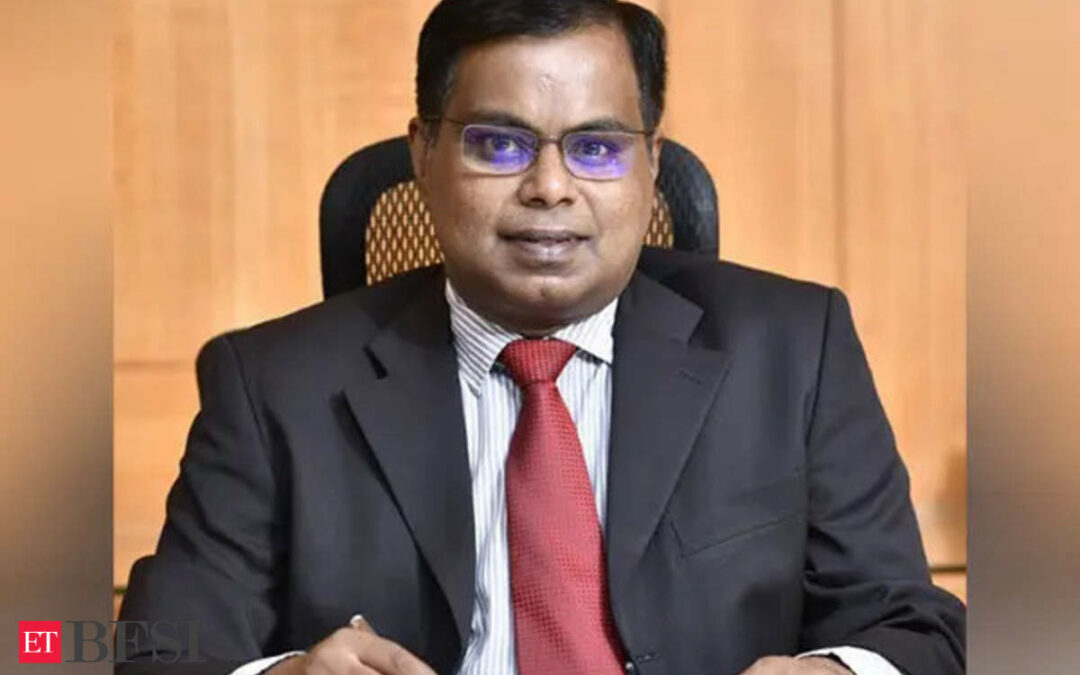Shaji KV, Chairman of the National Bank for Agriculture and Rural Development (NABARD), stated the need for more granular climate risk models, pointing out that a one-size-fits-all, countrywide approach is insufficient, requiring localised solutions to effectively address the diverse challenges posed by climate change.
“Given the current climate risk landscape, which also is highly unpredictable one, we need to have granular models, not countrywide approaches,” said Shaji KV, Chairman of NABARD.
Shahji KV pointed to India’s diverse landscapes, ranging landscapes each with distinct vulnerabilities that demand customised risk assessments.
“Most of the relevant data exists in silos, and we need to collaborate to build models that are sensitive to these geographical differences,” added the NABARD Chairman.
NABARD has already taken steps to integrate climate risk management into its operations. Shaji KV discussed the bank’s Climate Strategy, which revolves around four key pillars- green lending, internal transitions, market-making, and resource mobilisation.
He said that rural areas are particularly at risk, with many people unable to fully grasp the magnitude of climate risks they face daily.
In rural regions, they may not appreciate the climate risks, but we’ve been working closely with international agencies like the Asian Development Bank (ADB) to bring cross-country experiences and expertise into play.Shaji stated.
Protecting Assets from Climate RiskAccording to Shaji, protecting the income of vulnerable populations from climate risk is a top priority.
If the income of the people is not protected, we are looking at a broader systemic problem. We need to safeguard not just the physical assets, but also the livelihoods of those dependent on these ecosystems.NABARD Chairman
He further pointed out that 55% of banking assets are at risk due to climate impacts, as per a recent BCG report.
Shaji emphasised that climate risk management shouldn’t be a standalone activity. “It needs to be integrated into all internal and external activities of financial institutions,” he said, urging banks to develop products that are tailored to mitigate these risks.
He also called for better collaboration, particularly in data sharing, which remains a major challenge.
“Existing digital public goods could be leveraged more effectively if we break down the data silos,” he said.
Collaboration and Capacity Building
The panel also touched upon the importance of collaboration and capacity building in addressing climate risks. Shaji shared that NABARD has been working with the United Nations Development Programme (UNDP) and various state governments along with the DCRA (Digital Climate Risk Assessment) initiative to identify vulnerable areas and create pilot programes for climate resilience.
“Nearly 100% of India’s infrastructure is yet to be built. We have the chance to factor in climate resilience right from the design stage,” he remarked.











